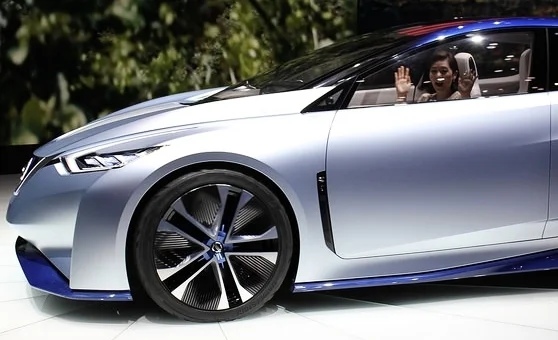Between Amazon Prime, Postmates, and a number of other online retailers with quick delivery times, almost anything can be purchased online and arrive at your doorstep in as little as an hour. Now Hyundai is trying to get in on the massive online retail business by introducing a car shopping program that allows drivers to purchase a car online just like they order home goods from Target or food from Blue Apron.
According to Edmunds, the Hyundai Shopper Assistance Program is a retail program in the U.S. that allows drivers to online shop for vehicles. Launched on October 10, 2017, the program claims to offer transparent pricing, flexible test drives, a streamlined purchase process, and a three day money-back guarantee. The program is currently only available in Miami, Orlando, Dallas, and Houston, but the company plans on making it available nationwide by early 2018.
As part of the program, participating dealer websites will post vehicle specific pricing so customers know the exact price of the make and model they are interested in. Hyundai says this “not only makes it easier to shop and compare” but will allow the driver to make “faster better-informed decisions.” They can then schedule a test drive on their phone, either online or through an app. The test drive can even begin at their home, with a representative from the dealer bringing the vehicle to the driver’s house. The car manufacturer says that “this can be especially convenient for parents at home with children, as well as those who would prefer their test drive on familiar roads.”
Hyundai is the first mass-market car brand to enter the world of online shopping. The brand says they know “buying a new car hasn't always been as smooth a process as we'd all like. We hear you. So we're happy to introduce Hyundai Shopper Assurance.” Consumer Reports notes that Hyundai knows people don’t like going to the dealership, so they’re trying to eliminate that aspect of the car buying experience.
In addition to pricing and scheduling test drives being available online, the program also offers the ability to apply for financing, get credit approval, figure out payment plans, and value trade-ins online as well. The hope is that consumers will be more likely to purchase a vehicle if they don’t have to spend large amounts of time at the dealership. The program also allows customers to return their vehicles within three days of purchase (as long as it has less than 300 miles and passes a dealer inspection). According to Dean Evans, chief marketing officer for Hyundai Motor America, “for nearly a decade, the word 'Assurance' has been synonymous with Hyundai and represents our efforts in redefining the car ownership experience. Shopper Assurance is the next step in that tradition and is car buying made simple.”
Online shopping is clearly a very popular means of making a purchase, and car dealerships are largely unpopular. Hyundai is smart for realizing this, and allowing their customers the ability to purchase a vehicle from the comfort of their own home. As the program rolls out into more and more cities, we will see if customers like online car shopping, or if they miss being able to see all of the dealer’s vehicles in the flesh. If the program is popular, it is likely we’ll be seeing more and more automobile manufacturers offering online shopping programs too.
Car accidents can still happen no matter how much time and effort you put into researching and purchasing a vehicle. If you have been involved in an automobile accident, call The Michigan Law Firm, PLLC at 844.4MI.FIRM for a free legal consultation with an experienced auto accident attorney today.









